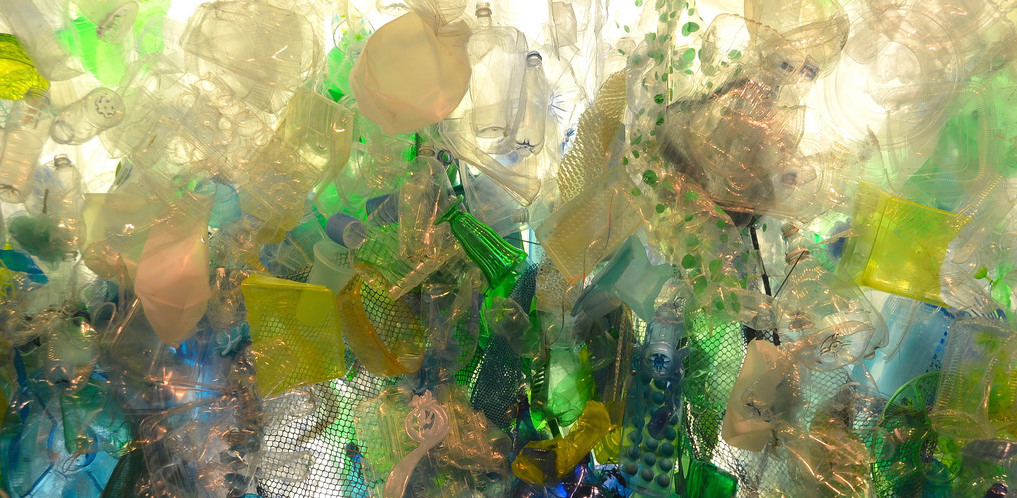The next time you go to throw out a piece of plastic packaging, imagine it resting atop a pile containing the 10.8 trillion pounds of plastic trash we’ve produced in the last six decades. [More]
plastics
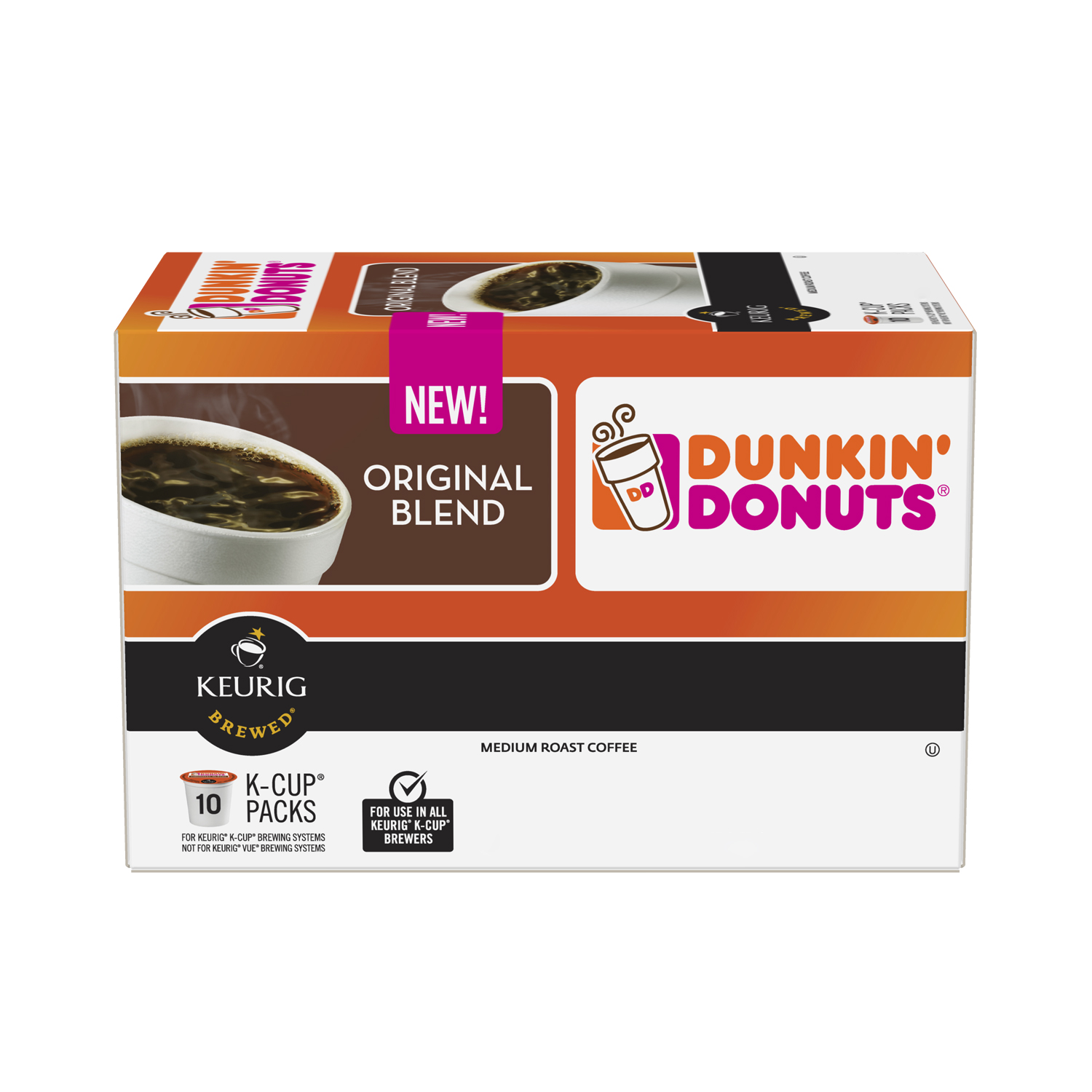
Dunkin’ Donuts Shareholders Want Company To Look Into K-Cup Waste
Dunkin’ Donuts has a partnership with Keurig Green Mountain to package the chain’s coffee in plastic K-Cups for brewing in homes and offices. The company makes a lot of money from selling these pods, but some shareholders concerns about the amount of trash that results from K-Cups, and they want Dunkin’ to put some serious thought into this aspect of their business. [More]
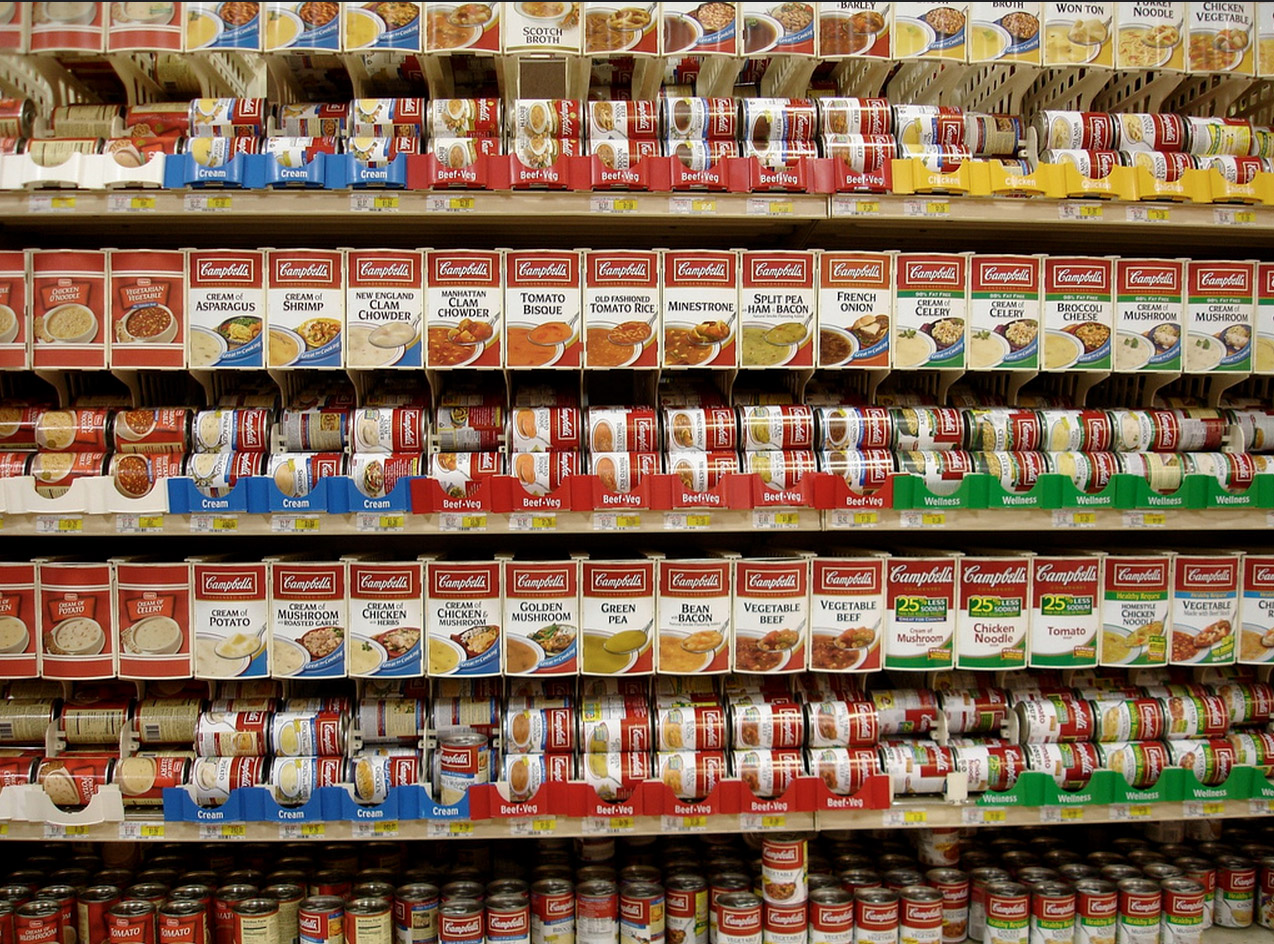
Campbell Soup Company Will Switch To All BPA-Free Packaging By 2017
Bisphenol-A, commonly referred to as “BPA,” is a chemical that’s a common component of plastics, existing in everything from the thermal paper receipts are printed on to the linings of metal cans. Four years ago, the Campbell Soup Company, a major seller of things in cans, promised to remove the controversial subtance from its product packaging, and announced that it will phase the substance out by the middle of next year. [More]
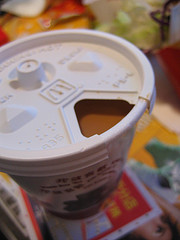
McDonald’s Switching To Paper Cups For Hot Beverages At All Restaurants
After decades of selling coffee and other hot beverages in polystyrene cups — and 23 years after it stopped using that material for its sandwich boxes — McDonald’s has decided to make the switch to paper in all of its restaurants. [More]
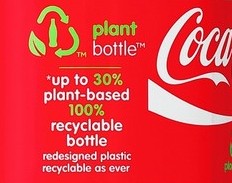
New Coke Bottles Made From Sugar Cane, Soda Still Made From Corn
At a time when everyone is fretting about their “carbon footprint,” it’s nice to see that Coca-Cola has decided to to reduce the amount of petroleum used to make their bottles by using some plant-based plastic. But not just any plant: the bottles will be made from mono-ethylene glycol derived from sugar cane. [More]
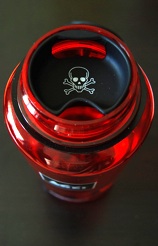
Industry Brainstorms How To Convince Consumers BPA Isn't The Devil
As studies continue to link bisphenol-A (BPA) with all sorts of health problems, states and cities are banning the chemical from baby bottles and sippy cups and Congress is considering a ban in all food containers. This worries industry groups, who last week held a private meeting to devise strategy to protect the use of BPA. Someone sent the notes to the Washington Post.
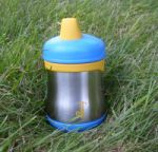
Minnesota Becomes First State To Ban BPA
Minnesota has enacted the “Toxic Free Kids Act,” which will ban bisphenol-A (BPA) in sippy cups and baby bottles. Minnesota joins Suffolk County, New York, which banned BPA earlier this year. Other states and counties, as well as the federal government, are considering bans on the potentially dangerous chemical, which has been linked to all sorts of adverse health effects. The Minnesota ban goes into effect in 2011. (Photo: tiffanywashko)
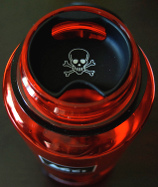
Suffolk County Bans Bisphenol-A In Baby Bottles
Suffolk County, New York enacted the nation’s first Bisphenol-A (BPA) ban on Tuesday when it voted to ban BPA from bottles for children 3 and under.
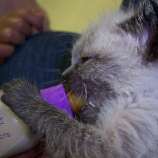
Chicago Considering A Partial Ban On Bisphenol-A Products
Chicago might become the first place in the United States to partially ban the sale of products that contain Bisphenol-A (BPA), the chemical that some studies have shown may have harmful effects on humans. They’re proposing to forbid the sale of any BPA product intended for children. Canada banned the chemical last year, but the FDA has so far come down on the side of manufacturers.
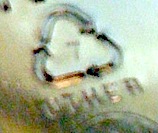
Study Finds Bisphenol-A Can Enter Your Body Through Non-Food Sources
A new study from the University of Rochester shows that bisphenol-A (BPA), a potentially toxic chemical found in many plastics, can enter the body via non-food sources and lingers in the body longer than previously thought.

BPA Levels Higher In Those With Heart Disease Or Diabetes
those with the largest amount of BPA in their urine had nearly three times the risk of heart disease and more than twice the risk of diabetes as those who had the lowest levels.
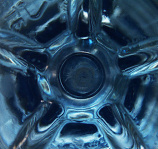
FDA Declares Bisphenol A Safe
Bisphenol A, or BPA, is the chemical used in various plastic bottles and can linings that Canada recently banned, consumers in Arkansas, California, and Ohio have filed lawsuits over, and Playtex and Nalgene have stopped using. The fear is that it’s toxic—studies on animals in Canada have shown that it’s damaging, and some tests in the U.S. suggest it’s harmful to humans as well. Critics of the anti-BPA movement point out that the human studies rely on super high dosages that never occur in real life, and that making safety decisions based on the general public’s fears isn’t exactly scientific.

First BPA Class Action Lawsuit Announced!
It begins! A woman in California, no doubt under the expert legal advice of people who only have her best interests at heart, has filed a lawsuit against Nalgene alleging that they “knew, but downplayed risks, that a toxic substance in its popular…


